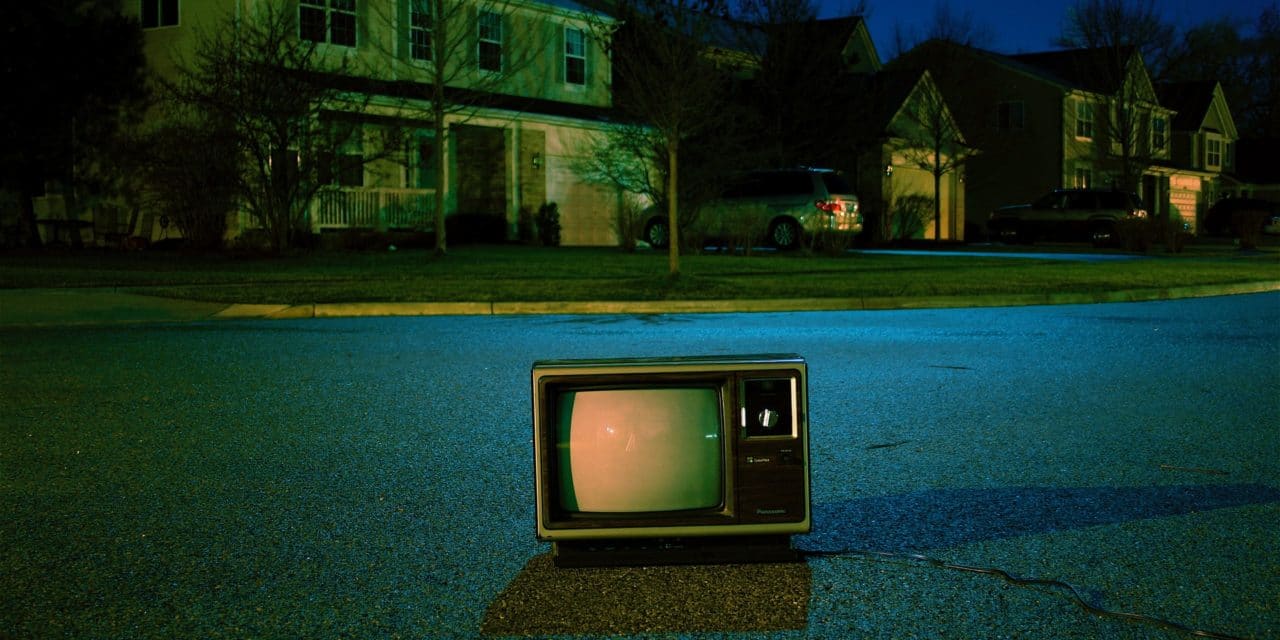[ad_1]
Having an electronic home appliance like that state-of-the-art flat screen television suddenly die on you is not really an event we always prepare for. Our five year plans, after all, does not usually include an electronic device. Neither do we, as a norm, keep spare LCD or plasma TVs inside the store room. However, whenever such things happen, it always bring about that hair-pulling dilemma that I think most us go through. That is, the dilemma to either have the appliance repaired or to junk it and buy something new.
The answer to the question of whether to buy or to repair, as you would expect, is not easy as it depends on the situation. For example, with the older generation televisions like the cathode-ray tube (CRT) TV, a malfunction would most likely signal the owner to put more weight on the “buy new” scenario instead of repair scenario. This is because the prices of its more advanced descendants, the flat screen LCD and Plasma televisions, has gone down so dramatically in last few years. And with the modern flat screen's relative advantage in picture quality, reliability and energy efficiency, the argument for the “buy new TV” option seems more convincing than having an aging, bulky and power hungry CRT TV under go repair.
But what if the TV that is breaking down is a high-tech LCD or plasma TV? The answer to this also depends on a number of considerations but the difference here is that the decision will not be as easy to arrive at since new flat screen TVs are not as inexpensive as CRTs and hence throwing away that flat screen in the living room will not be as easy as throwing away that 10 year old tube.
Buying a new TV certainly does have its advantages though. The flat screen TV technology is evolving on a monthly basis and hence, the newer ones will have already incorporated more advance and convenient features than the ones they sold just a couple of months before. The newer ones will also most likely be more energy efficient than its predecessors and so will be more environmentally friendly. New TVs will also have a warranty and that should give anyone piece of mind for one year at the very least.
The other option, the TV repair option, likewise, has its advantages (and it seems it has more advantages compared to the buy new option). I shall enumerate them:
- Procuring that new plasma or LCD TV is likely to be more pricey than having your malfunctioning sample fixed or repaired. Depending on what is wrong with it, it is probably more practical to have it looked at first by a professional to see what is wrong. You could either bring it to the brand's service center for some diagnostics (which might entail some costs) or you could DIY troubleshoot it! There are good plasma TV repair guide and LCD TV repair course available on the internet. You could avail yourself of these self-help programs and then find out what is wrong with your TV using the information you will learn.
- Televisions contain environmentally harmful components like heavy metals and chemicals. Having it repaired and keeping it inside your home and not in garbage dumps and the land-fills means it does not go out there to do its damage to mother Earth. Considering what is happening to our planet, I believe this is one of the most important considerations when you are trying to work the buy or repair dilemma. If it can be fixed, why not do it (actually, this goes for CRT TVs, too)?
- There is a market out there for pre-owned, used and refurbished TV. If you really can not help buying a new one, one option is to have your malfunctioning unit repaired so you can re-sell it as a refurbished unit. You save some hard-earned cash and you help keep more trash from the environment. See second bullet.
- Troubleshooting and diagnosing it and perhaps repairing it by yourself means you have just acquired a very nifty and potentially profitable skill! You could pursue it as a hobby or very seriously as an alternative source of income. Either way I believe you are a winner.
Buying a new TV is not always the best solution as much as having it repaired is not always best, too. If buying is more economical than repairing an ailing television, then it would be against prudence to go for the repair option. The inverse is true in that if it is wiser to go for repair, it would be good sense to follow that reasoning. However, with environmental considerations in the equation, I believe it is a win-win situation to always put more weight in the TV repair option.

